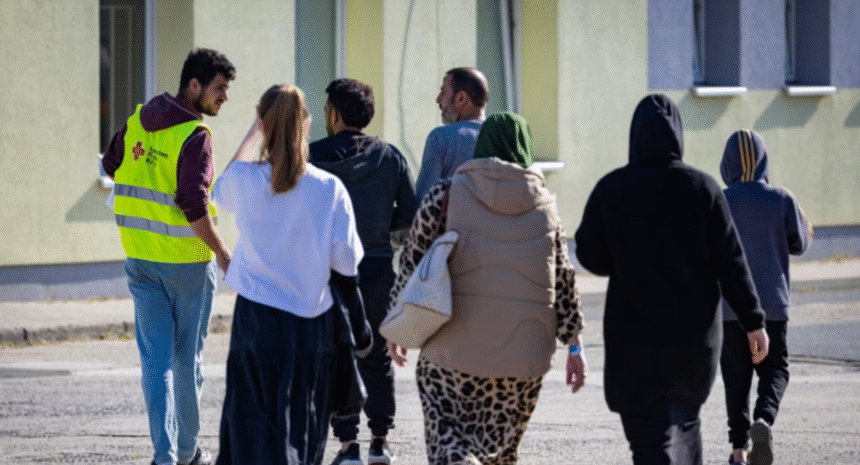On May 28, the German government approved new plans to restrict family reunification rights for certain migrants and to tighten rules for acquiring citizenship major elements of Chancellor Friedrich Merz’s conservative agenda.
These moves mark a significant shift in Germany’s migration policy, as Merz, who took office earlier this month, quickly implemented border controls and now pushes forward on more restrictive immigration measures.
Key Changes Announced:
- Family Reunification Suspension:
Family reunification will be suspended for at least two years for individuals who do not have full refugee status.
This step, according to Interior Minister Alexander Dobrindt, will help reduce irregular migration and ease the burden on local governments tasked with integration. - Tighter Citizenship Criteria:
A reform previously allowed well-integrated migrants to apply for citizenship after just three years. This has now been rolled back. Migrants will once again need to reside in Germany for at least five years before applying for citizenship.
Background and Political Context:
These measures mirror policies used during the 2016–2018 migration crisis and aim to reduce the so-called “pull factors” that attract irregular migrants.
The far-right Alternative for Germany (AfD) party has long pushed for mass deportations and strict immigration limits. Critics accuse Merz of adopting AfD rhetoric to capture support, especially after the party gained over 20% of the vote in February’s general election, its strongest performance to date.
Merz, however, argues that tougher migration control is necessary to counter the far-right’s rise by addressing public concerns directly.
The German Parliament is expected to vote on the new laws before the summer recess in July.
Some of Germany’s neighbors have expressed frustration over the stricter border controls introduced earlier this month, especially due to their impact on regional mobility.
“It’s no surprise these decisions have drawn criticism,” said Dobrindt. “But they are necessary to show that we have changed course on migration.”







